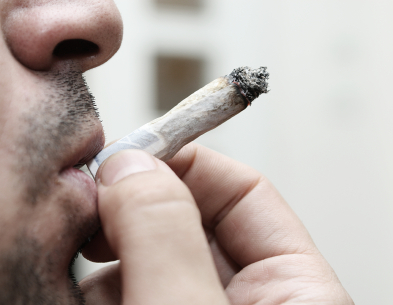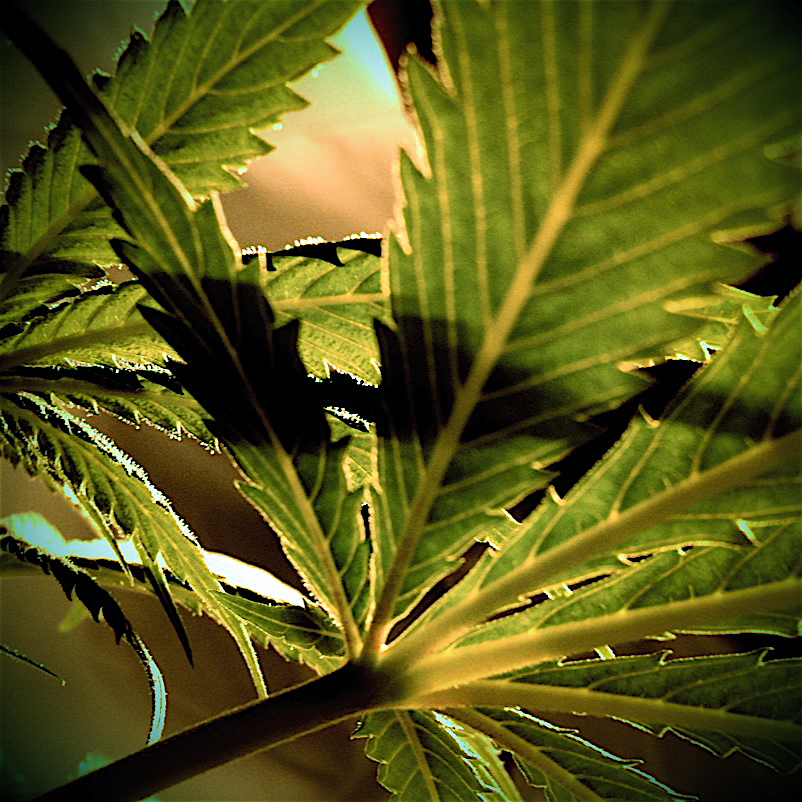
Portland Press Herald: Ban on Medical Marijuana Hurts Legitimate Patients
A recent decision upholding the federal ban on medical cannabis was a letdown in Maine and the 24 other states where the drug can be prescribed to ease the symptoms of illness.


